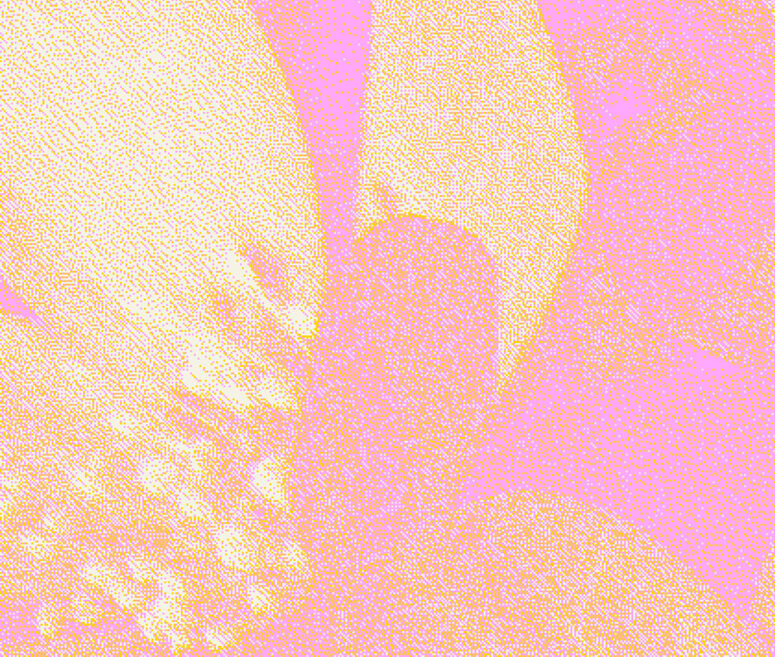Some time ago, I found myself telling old friends about the idea behind Think Like a Mountain. As I talked, I realized how complicated it was to explain the sense of this “widespread program,” which is not an exhibition, not a biennial, not a festival, not a conference…
I needed an unfindable word that might bring together and replace the too many expressions I was using to try and describe it: participation, sustainability, rootedness, process, cyclicality, creativity, evolution, nature, adventure, temporality, territory, community… mountain.
I parted ways with that group of friends with a deep sense of frustration. What cannot be easily communicated cannot be successful, I repeated to myself.
Since then, along with all the people who carry the program forward, we have continued to nurture our idea, bringing our vision into sharper focus and refining our vocabulary. We have read books, written presentations and recounted Think Like a Mountain to hundreds of people. However, we have yet to find the word I needed that day.
A few weeks ago, I thought back to an English term used by art historian Chus Martinez to describe the performance Deserters, by artist Chiara Bersani: “one of the strongest works I have ever seen about vulnerability and the importance of creating spaces of ‘togetherness,’” she wrote in a post.
Those familiar with Chiara Bersani’s work can well understand the meaning of that word. “Togetherness” is a noun that cannot be directly translated into Italian. A literally translation might be the word insieme, but not in the sense of our noun—which in English is closer to “set,” “ensemble”—but rather to the sense of insieme as an adverb. For as a noun, “togetherness” is a term that “nounifies” the dimension of “being together,” without necessarily turning it into a single thing, a single “whole.”
I cannot say I am entirely sure “togetherness” is the word we were looking for. Not least because Think Like a Mountain is a collective project and, as such, carries with it the thoughts and sensitivities of many individuals. However, it is certainly a better term than others to express the intentions underpinning the program.
In Aldo Leopold’s outlook, which we have drawn on heavily, “thinking like a mountain” means taking a “whole” perspective on the world and nature, with its mysterious variety and profound interconnections.
As Leopold writes, “Only the mountain has lived long enough to listen objectively to the howl of the wolf.” The mountain alone, in other words—with its height, its breadth, its age—can help us grasp the ultimate meaning of our living together, offering us the chance to walk new paths, to follow new interspecies trajectories, to set out on new “more-than-human” adventures (as anthropologist Anna Tsing would say) and perhaps find ourselves again.
Enjoy your journey!
Lorenzo Giusti


